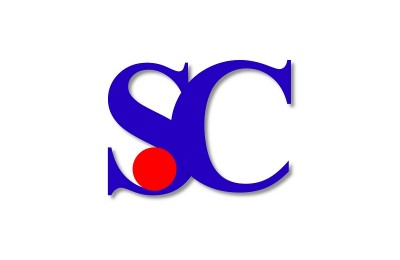SOComputing Published 2021-07-21 14:42:49
Java is a widely used object-oriented programming language and software platform that runs on billions of devices, including notebook computers, mobile devices, gaming consoles, medical devices and many others. The rules and syntax of Java are based on the C and C++ languages.
One major advantage of developing software with Java is its portability. Once you have written code for a Java program on a notebook computer, it is very easy to move the code to a mobile device. When the language was invented in 1991 by James Gosling of Sun Microsystems (later acquired by Oracle), the primary goal was to be able to "write once, run anywhere."
It's also important to understand that Java is much different from JavaScript. Javascript does not need to be compiled, while Java code does need to be compiled. Also, Javascript only runs on web browsers while Java can be run anywhere.
New and improved software development tools are coming to market at a remarkable pace, displacing incumbent products once thought to be indispensable. In light of this continual turnover, Java’s longevity is impressive; more than two decades after its creation, Java is still the most popular language for application software development—developers continue to choose it over languages such as Python, Ruby, PHP, Swift, C++, and others. As a result, Java remains an important requirement for competing in the job market.




